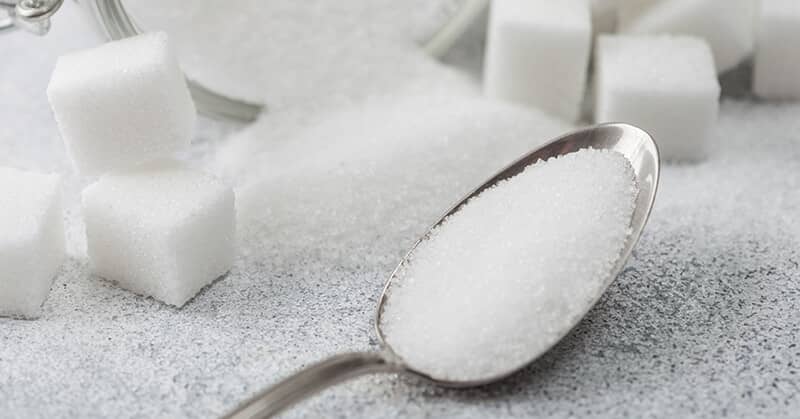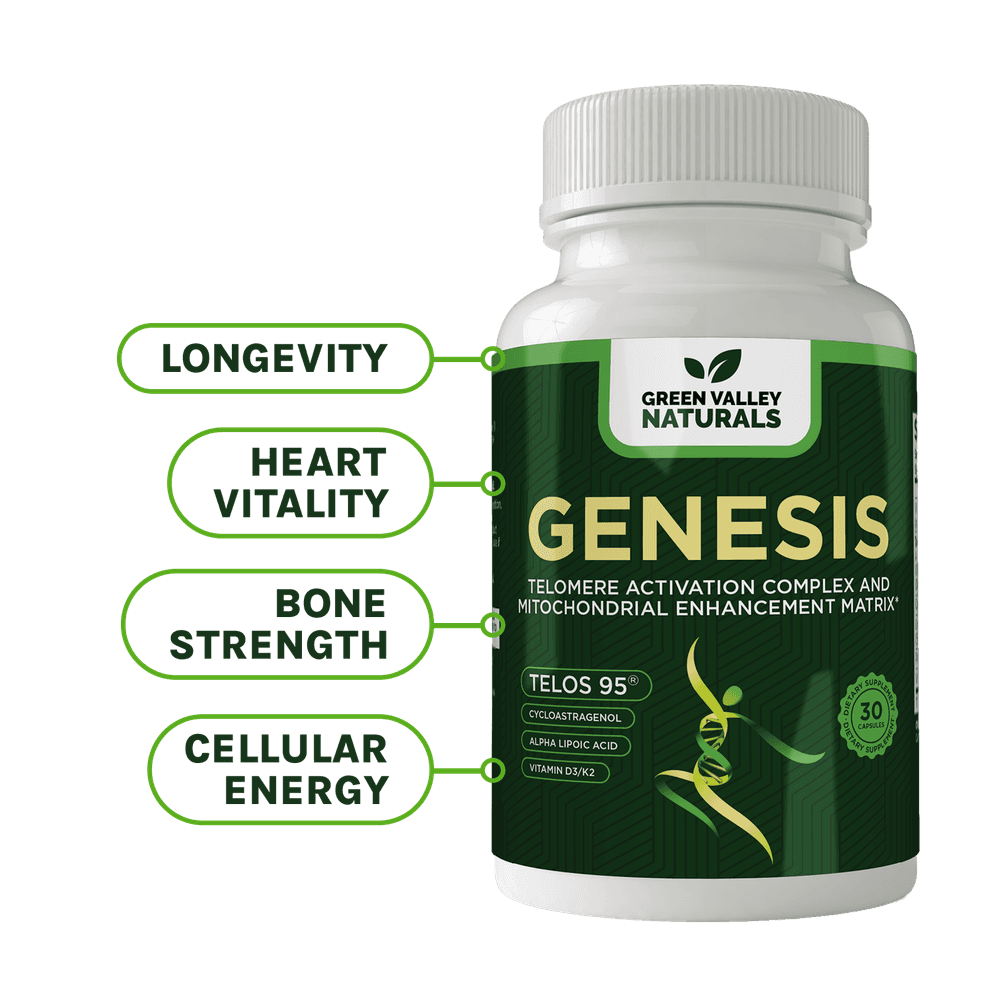
You know sugar isn't good for your body, but even if you want to cut out sugary foods it can feel next to impossible to achieve.
Do you lack willpower, or is there something else going on?
New research reveals there's a reason why sugar feels so addictive and it has little to do with willpower. In fact, despite all your best intentions, when it comes to saying no to a plate of yummy cookies, your brain is in the driver's seat. And research shows that sugar is as addictive as drugs.
Researchers at Yale University and the Max Planck Institute for Metabolism Research in Germany undertook a study that went beyond investigating sugar and health. You see, while the usual scientific studies investigate the effects of added sugars on blood sugar, heart disease, weight gain, high blood pressure and a host of chronic diseases such as cancer, this scientific team went a step further.
Since we already can count the dozens of ways that excess sugar is bad for us, these scientists wanted to see why so many folks understand this medical fact, yet still struggle. They struggle with cutting out sugary drinks, sugary foods and simply have too much sugar in their daily diets.
Why we love added sugar
Their findings, published in the journal Cell Metabolism, suggest that eating too many sugary, high-fat foods can teach your brain to crave sweets that are rich in added sugar.
It turns out that foods high in fat and added sugar activate the dopaminergic system – a region in the brain responsible for reward and motivation. This is the same system that can be activated by drug use.
Over time, your brain becomes wired to seek out drugs, or in this case, unhealthy foods, and next thing you know, you're eating too much fat and sugar.
“Let’s say a new bakery opens up next to your work, and you start stopping in and having a scone every morning. That alone can rewire your basic fundamental dopamine learning circuits,” said Dana Small, Ph.D., the study’s senior author and director of Yale University School of Medicine’s Modern Diet and Physiology Research Center.
Let’s unpack this research and discover how …
The brain learns to crave sugary foods (and what we can do about it)
To discover what motivates us to eat a high sugar diet, the researchers recruited a group of 49 healthy individuals.
The scientists gave one group of participants a high-fat, high-sugar pudding twice daily for eight weeks. And the second group? Well, they got a low-fat, low-sugar version. Aside from that, both groups continued with their regular diets.
Researchers monitored everyone’s brain activity during the eight-week study period. At the study’s conclusion, neither group exhibited weight gain nor changes in blood sugar or cholesterol levels.
What else did the research team discover?
They found that activity in the dopaminergic part of the brain increased in the group that ate the rich, sugar sweetened pudding. This suggests that the brain’s reward buttons were pushed, causing the brain to prefer high-fat, sugary foods, and sugary beverages.
Too much sugar rewards the brain
Co-author Marc Tittgemeyer, Ph.D., explains the significance of these findings. He says fat and sugar intake engage the “the-so-called dopaminergic midbrain, an area in the brain that is instrumental in regulating our reward responses and motivational drive.”
And simultaneously, the brain produced less dopamine when low-fat foods were consumed, thus causing the participants not to crave these healthier options.
Dopamine is the “feel-good” hormone and is essential from an evolutionary perspective. That’s because the brain releases large amounts of it when you are doing activities required to survive and reproduce, such as eating and having sex.
Dr. Tittgemeyer reports that the team’s measurements of brain activity showed that the brain rewires itself when we consume chips and similar foods. He says your brain “subconsciously learns to prefer rewarding food.”
What’s more, the combination of fat and sugar is incredibly rewarding to our brains. And the American diet delivers, because it's filled with ultra-processed foods that feature this addictive duo in spades.
Sugar and fat go together
Dozens upon dozens of refined carbs in the American diet are filled with fat and sugar. Just think about baked goods, starchy foods like baked beans and even hidden sugar in pasta sauce. The thing is, this is no accident.
A study published in the journal Nutrition found that the combination of sweet and fat does more than just activate your brain, it activates taste receptors and neuropeptide systems that are linked to appetite regulation. In fact, sugar and fat food combinations, such as cookies, have been used by numerous scientists to induce binge eating in laboratory animals!
What can you do about a sugar habit?
How to stop eating too much sugar
The good news is that Dr. Small says you can rewire the brain NOT to crave these foods, but it doesn’t happen overnight.
For instance, have you ever gotten in the habit of munching on sweet treats during the holidays? Well, come January, you may still be trying to break that pattern! But you can break the habit and you do it the same way you break any bad habit. You start by making healthier choices.
The first thing to do is to ditch sugar sweetened drinks. This will go a long way toward lowering your sugar consumption. Then cut out high sugar foods such as cookies and cake made with high fructose corn syrup. Instead, try choosing treats sweetened with natural sugar. Ultimately, choosing fruit such as fresh berries is the best choice.
Avoid artificial sweeteners
It's also a good idea to avoid artificial sweeteners and instead use natural sugar or natural sweeteners such as stevia. In fact, we frequently write about the health risks of processed foods filled with artificial sweeteners. While they may not raise your blood sugar or cause insulin resistance, they are linked to chronic diseases such as cancer. We recently reported on research that revealed that a steady diet of these unhealthy foods could shorten your life and impact brain health.
I know it’s not easy to change your tastebuds, but it can be done. I’ve found that the more fresh whole food I consume such as whole grains, healthy fats and meals rich in fresh vegetables, fruits and lean meats, the more I crave these healthy choices.
Now, I’m not saying that I can always resist a friend’s strawberry shortcake, but sometimes my sweet tooth can be sated by a serving of fresh strawberries -- without whipped cream!

